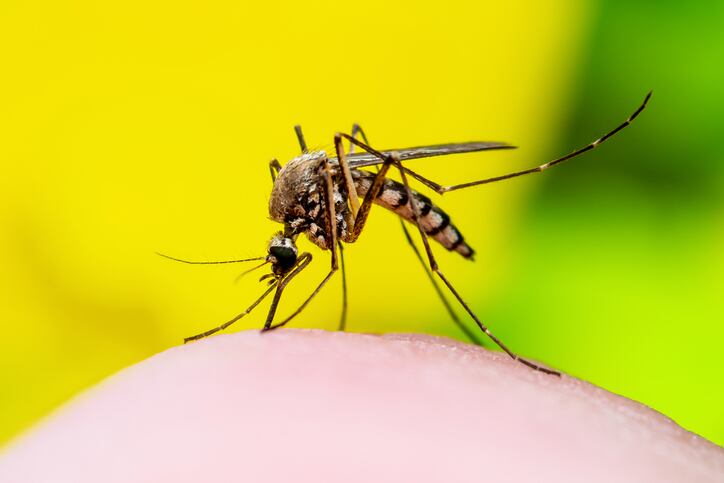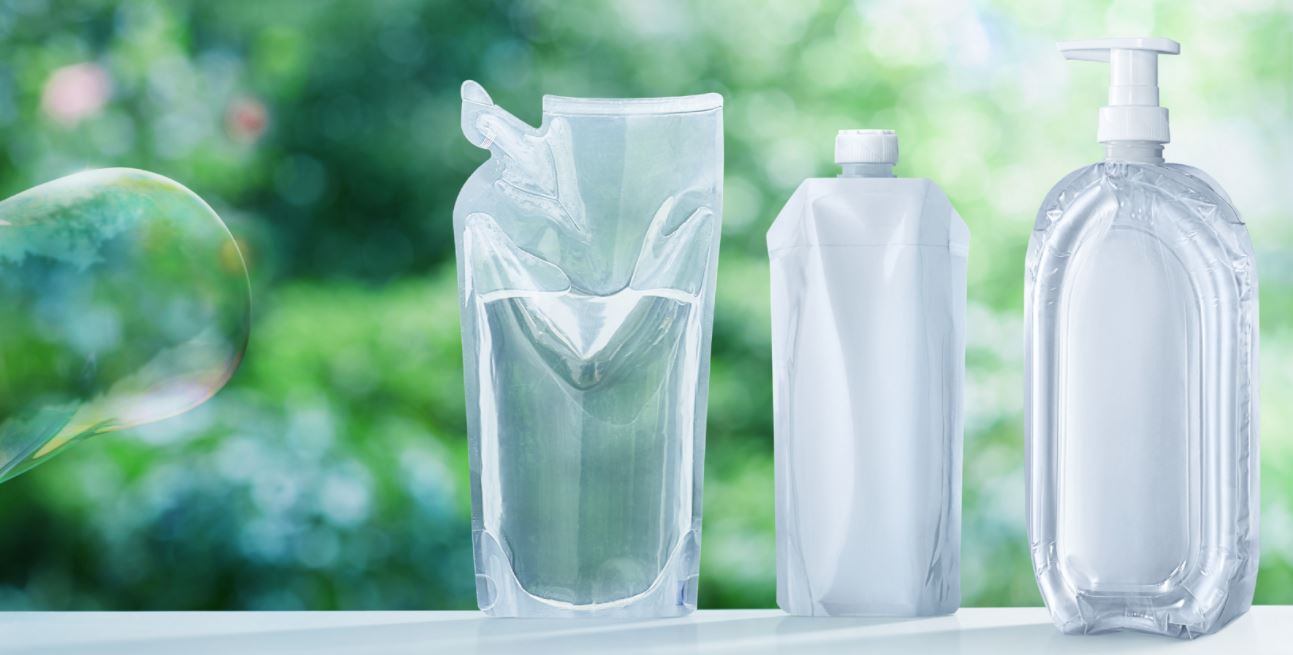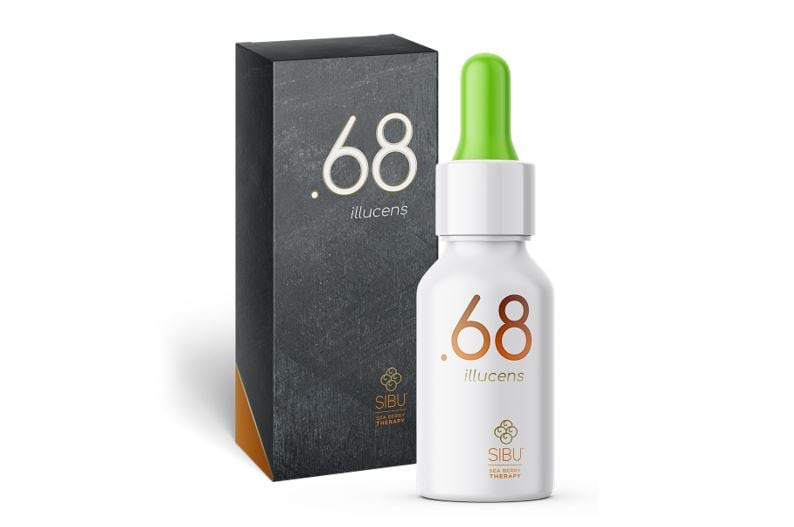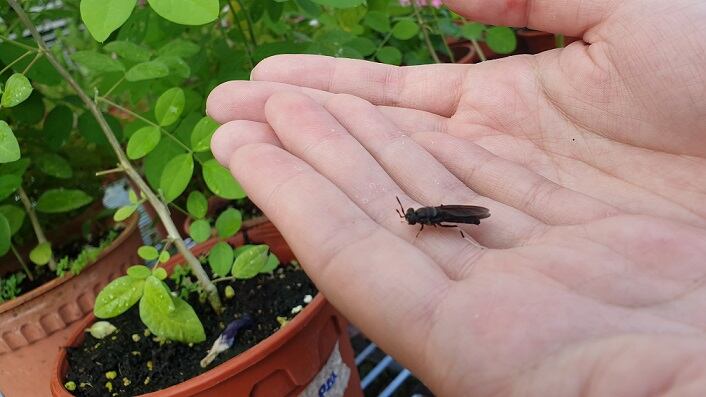Conventional insect repellents deter mosquitoes by masking its smell and taste, since they are attracted to skin odours and carbon dioxide. Nonetheless, most people still get bitten when the repellent wears off.
Kao developed a unique mosquito repellent technology, by creating a hydrophobic oil surface which mosquitoes dislike, preventing them from staying long enough to feed.
Mosquitoes use their forelegs to stabilise their posture once they land on the skin. Their legs are highly water-repellent, which means they are able to land on water or glycerol surfaces.
However, Kao’s research revealed that when the mosquito’s legs came into contact with a low-viscosity silicone oil, they would rub their legs together in an attempt to wipe the oil adhering to it. Mosquitoes were shown to remain no longer than three seconds, which is insufficient time to blood feed.
When testing on human skin, 85% of female mosquitoes that landed on non-coated skin displayed blood-feeding behaviour while only 4% displayed such behaviour on skin where low-viscosity silicone oil had been applied.
The research was published in the Scientific Reports journal.
Protect lives
According to one of the researchers, Dr Takao Nakagawa, who is also group leader at Kao’s personal health care products research laboratory, Kao hopes to apply this technology into future products.
Nakagawa said: “We have developed a new technology with a different mechanism of action from conventional insect repellents such as DEET, citronella oil, picaridin which are volatile active ingredients.”
“We are now trying to apply this technology to develop products to protect people from mosquito bites. Insect repellent is one candidate product. We hope to release it on the market as soon as possible.”
This is part of Kao’s medium term management strategy to develop technology and products to protect peoples’ lives, one way is through mosquito-borne diseases.
Mosquitoes are vectors for infectious diseases such as dengue, malaria and Zika. For dengue alone, the WHO model estimates it affects 390 million people a year. Another study puts 3.9 billion people at risk of infection with dengue worldwide.
Kao conducted a survey in 2020, which found that in places like Indonesia, Thailand and Vietnam, mosquito-borne infections occur year-round and 80% of the population is bitten by mosquitoes on a daily basis.
In Japan, mosquitoes are active in the summer season, and dengue cases sprout every few years.
According to Nakagawa, the development of the study came after four years of research.
“We started a research on mosquitoes in 2012, and we conceived a new idea on the protection from mosquitoes by creating a skin surface uncomfortable for mosquitoes in 2016.”
Low-viscosity silicone is an ingredient typically used in cosmetics and skin care products for textural properties.
Nakagawa said its use in mosquito repellent is unlikely to have any effect on other properties.
Researchers think this technology could have similar effect on other insects that have similar micro-structures as mosquitoes on their tarsi.
“For example, ants and flies but their tarsi have different types of micro-structures and we are now investigating these structures,” Nakagawa said.
Source: Scientific Reports
https://doi.org/10.1038/s41598-020-71406-y
“Mosquito repellence induced by tarsal contact with hydrophobic liquids”
Authors: Hiroaki Iikura, et al.




